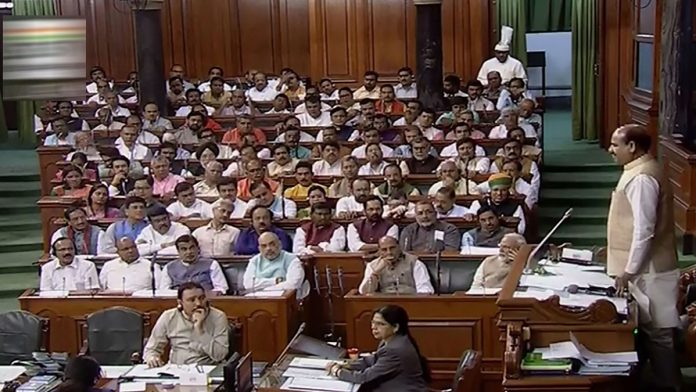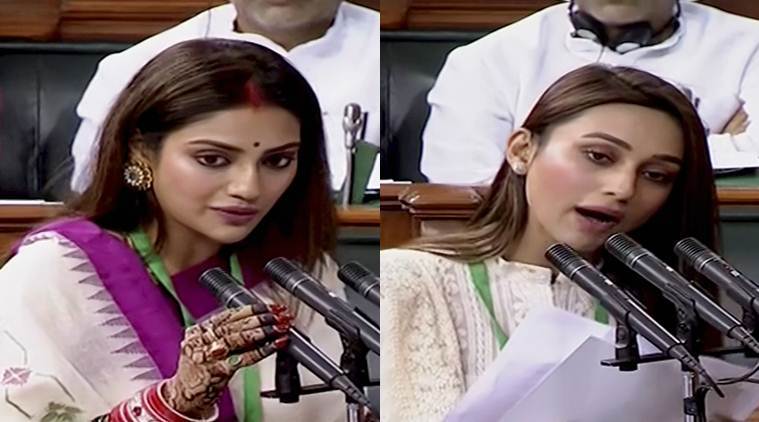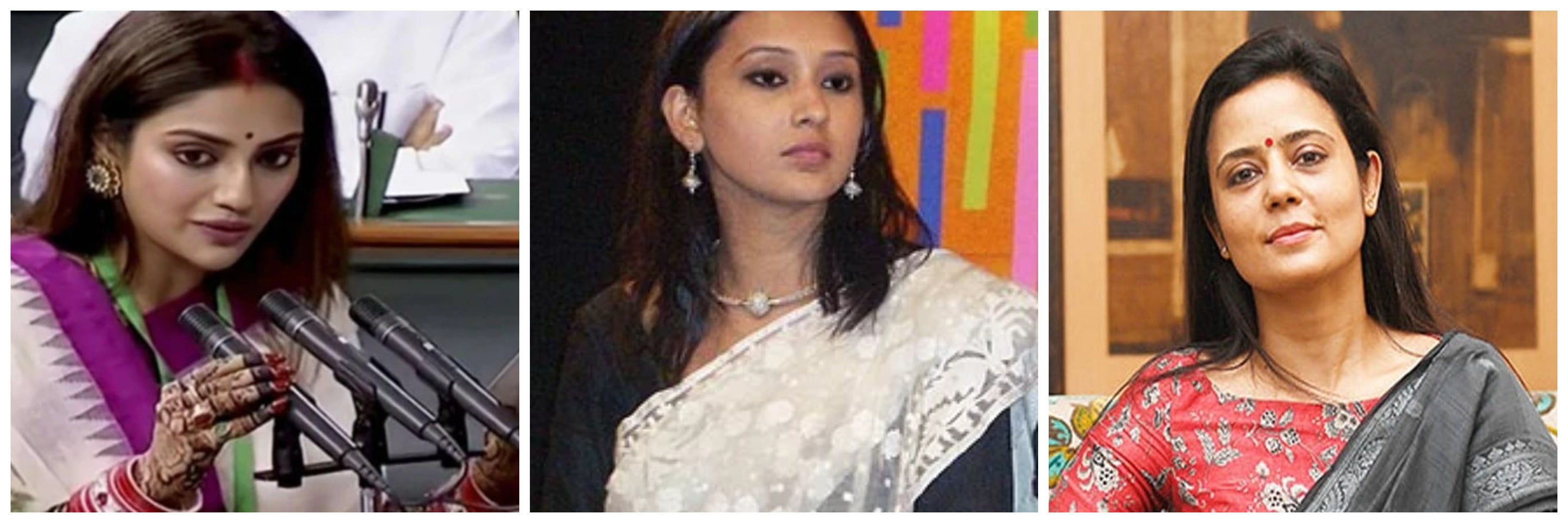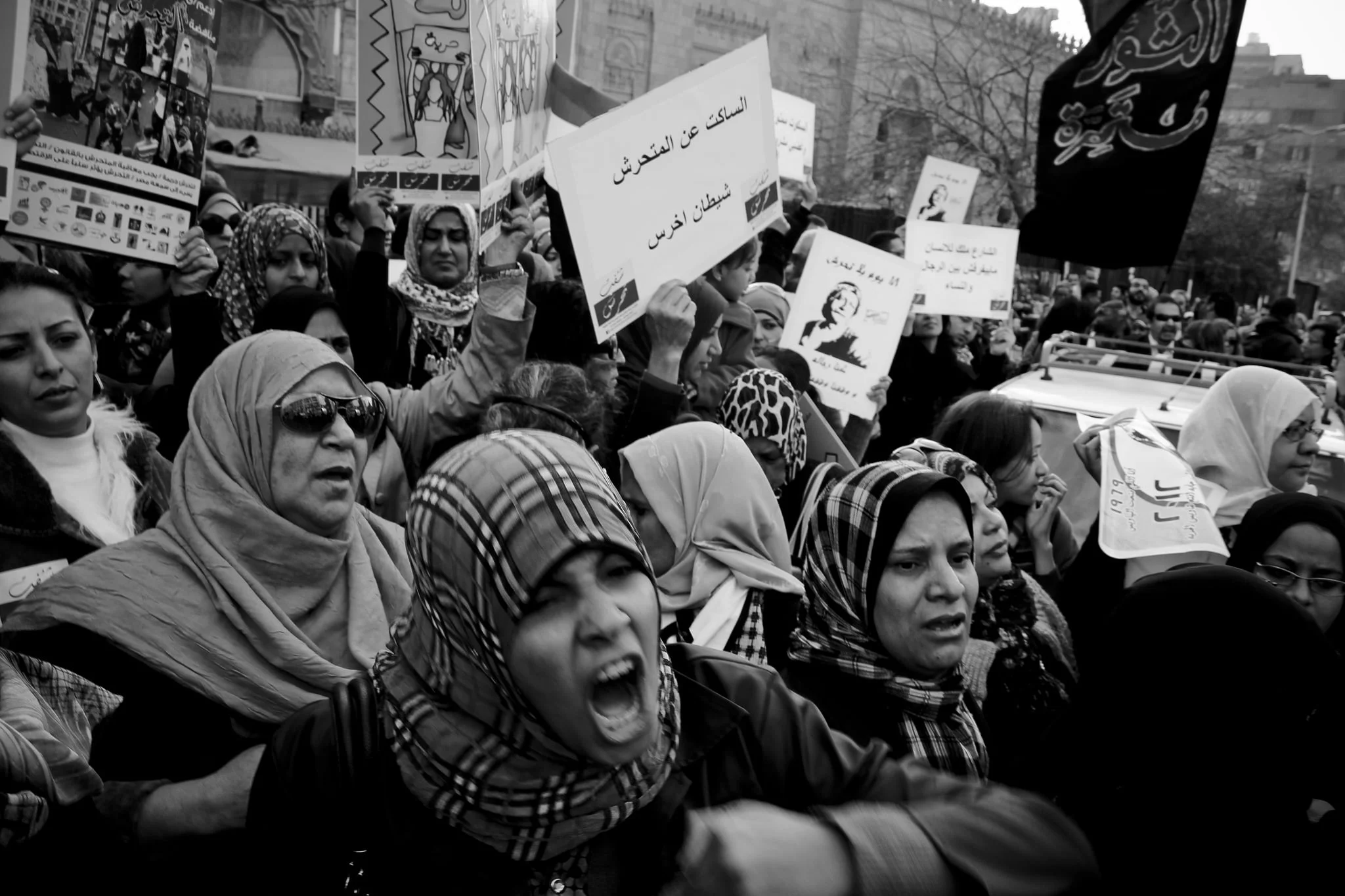The Preamble to the Constitution of India reads as follows:
WE, THE PEOPLE OF INDIA, having solemnly resolved to constitute India into a SOVEREIGN SOCIALIST SECULAR DEMOCRATIC REPUBLIC and to secure to all its citizens:
JUSTICE, social, economic and political;
LIBERTY of thought, expression, belief, faith and worship;
EQUALITY of status and of opportunity;
and to promote among them all,
FRATERNITY assuring the dignity of the individual and the unity and integrity of the Nation.
Amidst all the other big terms, let’s take secular. Secularism means having equal freedom and respect for all religions. To put it in other words, one cannot be discriminated on the basis of their religion. Also, religion should never become a factor of hindrance in the working of the Constitution of democratic India.
However, if we take a look at the oath taking ceremony in the Lok Sabha on 17th and 18th June, it is difficult to discern whether all the elements mentioned in the Preamble were actually represented by our MPs in the Lower House.
The wordings of the oath of duty are as follows:
‘I [name] having been elected (or nominated) a member of the House of the People do swear in the name of God/solemnly affirm that I will bear true faith and allegiance to the Constitution of India as by law established, that I will uphold the sovereignty and integrity of India and that I will faithfully discharge the duty upon which I am about to enter.’

While the wordings of the oath of duty give a chance to the MPs to swear in the name of God, sloganeering is definitely against the rules. But who cares? We live in a democracy after all!
Religion has become a powerful weapon in politics. Pragya Thakur, the self proclaimed Sadhvi was in fact made to take her oath again without using the spiritual title Sadhvi, after objections from the oppositions were raised. Even while BJP MPs chose to scream ‘Jai Shree Ram’ while MPs of opposition political parties were taking their oaths, the opposition too ended their oaths with similar religious slogans.
What is intriguing is that even when opposition parties are criticizing BJP’s use of Hindutva religion in the name of nationalism, majority of MPs from TMC, SP and other political parties chose the same method to counteract them. Does such ‘tit for tat‘ attitude really work in a democracy?
Also read: These Women MPs Made History By Getting Elected In 2019
Shafiqur Rahman mentioned that our national song Vande Mataram is anti-Islam, hence anti-national. Again Khalilur Rehman and Abu Taher Khan (both TMC MPs) chanted their own Islamic religious slogans. Sloganeeing of Jai Ma Kali by Kakali Ghosh Dastidar and Allahu Akbar by Owaisi were also prominent. This list could go on, irrespective of any political parties and ideologies.
Lok Sabha is the Lower House or the House of the People. All the MPs are actually representatives of our constituencies, hence our democracies. In short, they represent us –the common people. And if, in a house with approximately 500 people, there is very little religious tolerance, what can we expect from our society? And what can we do to reduce the increasing rate of hate crimes? Absolutely nothing!
People who actually stood out from the lot are the ones who actually took a secular oath and maintained their calm in spite of the jibes and jeers. To name a few would be Shashi Tharoor, Adhir Ranjan Chowdhury, Mahua Moitra, Nusrat Jahan and Mimi Chakraborty.

It would be justified to assert that the three women from West Bengal—Mahua Moitra, Nusrat Jahan and Mimi Chakraborty are tackling patriarchy, one at a time in their own respective ways. Although, there is very less to say about their work in the constituencies so early, presenting oneself with dignity in the House of People, to quote Mahua Moitra, ‘inside the corridors of this great hall’, is certainly the first step any MP can take to bring about a change in the country.

Right from fighting sexism through comments and remarks on their ‘western’ casual outfits on the first day of the Parliament to taking oath in ‘Indian’ outfits and paying due respect to the Speaker, Mimi Chakraborty and Nusrat Jahan are showing the world that what a woman chooses to wear is no one’s business and it certainly does not become a marker of their character or personality. Nevertheless, such incidents have been an integral part of patriarchy to objectify a woman’s sexuality through body or dress shaming.
Also read: Remya Haridas: The Only Dalit Woman MP From Kerala In Lok Sabha 2019
Further, it is also remarkable how Nusrat countered a cleric’s allegation that her sindoor and mangalsutra in the parliament was an insult to Islam. She clearly stated that in a secular India, her religion does not teach people to divide in the name of God. It’s high time that India needs many such women leaders who are not afraid to stand up for their ideologies and feminism.
About the author(s)
She is a Teacher. Hence she is a Leader.
She is a Leader. Hence she is a Teacher.




